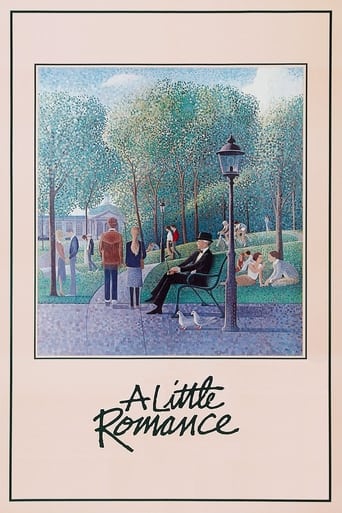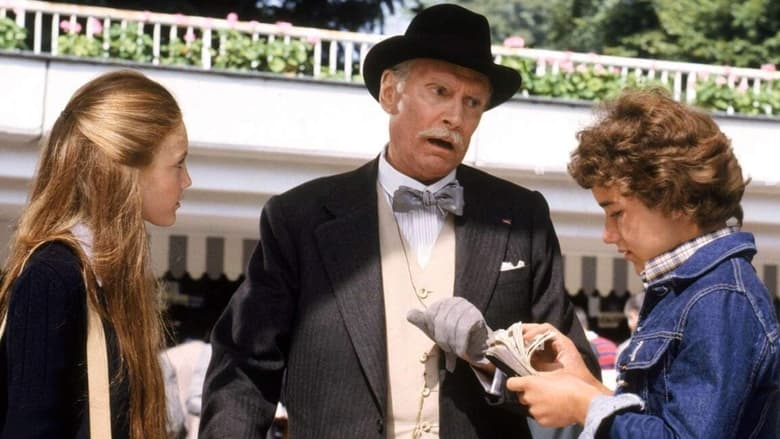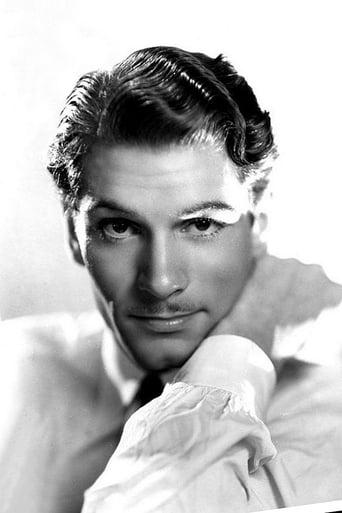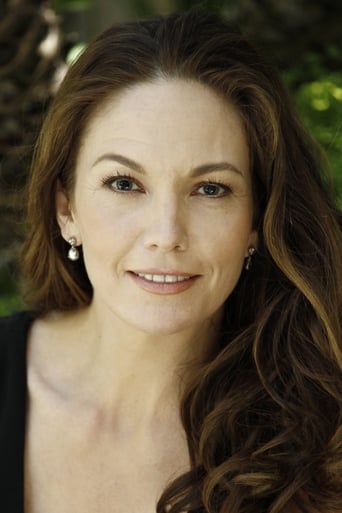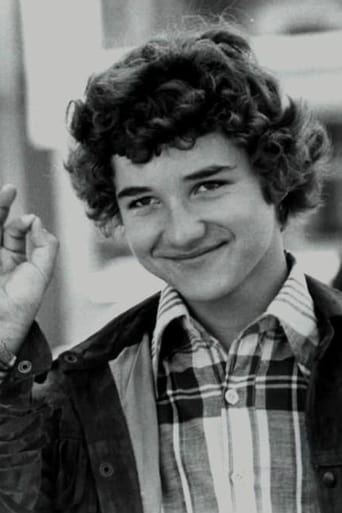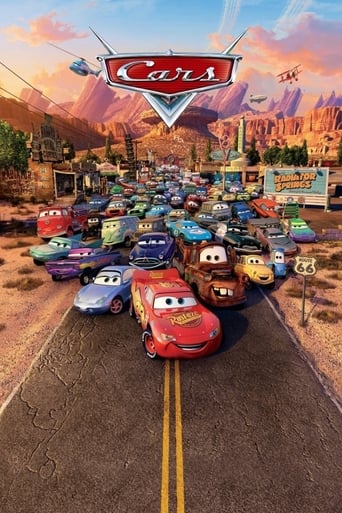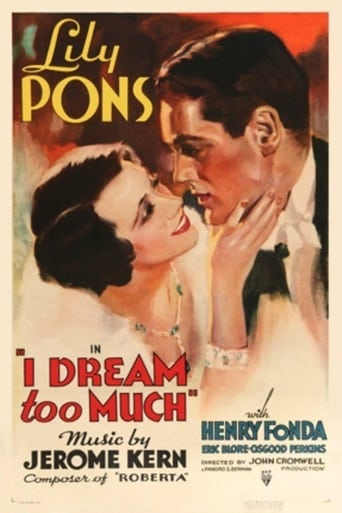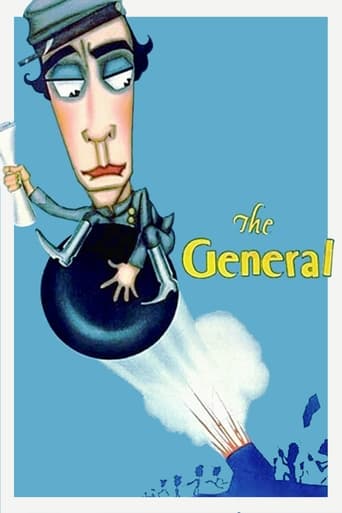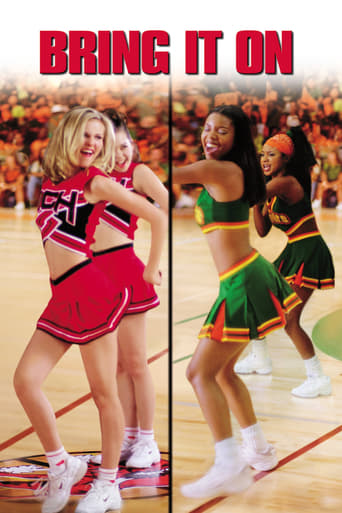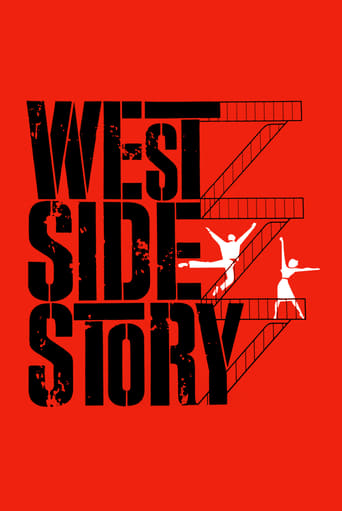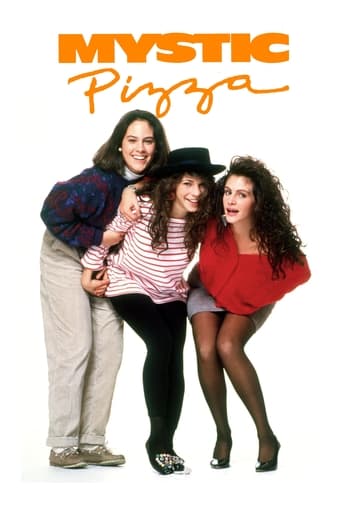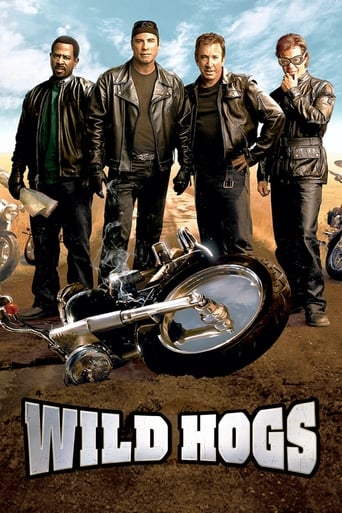A Little Romance (1979)
Intellectually precocious teenager Lauren King lives in Paris with her somewhat ditzy mother. On a movie set, she strikes up a friendship with teenage film buff Daniel Michon. After Lauren's mother forbids her to date the outspoken Daniel, the young lovebirds team up with eccentric pickpocket Julius to run away to Venice, where, according to legend, a couple who kiss under the Bridge of Sighs will stay together forever.
Watch Trailer
Free Trial Channels
Cast


Similar titles
Reviews
I like the storyline of this show,it attract me so much
brilliant actors, brilliant editing
Yes, absolutely, there is fun to be had, as well as many, many things to go boom, all amid an atmospheric urban jungle.
The movie really just wants to entertain people.
George Roy Hill's charming puppy romance takes place in Paris and centres on a 13-year-old French boy Daniel Michon (Bernard) and a 13-year-old American girl Lauren (Lane, in her film debut), both precocious and sensitive, Daniel lives with his negligent father, he is a frequent cinema-goer and well versed in Hollywood pictures, while Lauren is from a rich family, her mother Kay (Kellerman) has been married for a third time with a gentle-hearted entrepreneur Richard (Hill), but her heart doesn't stop her from flirting with the movie director George de Marco (Dukes), who is shooting a new picture with Broderick Crawford in the city of romance.Daniel meets Lauren in the movie set, his opening line is "call me Bogie!". They find each other quite compatible, both are old beyond their years, and too smart among their peers, if the pompous discussions about their high IQs and Heidegger fail to put you off, the film will turns you head over heels. Hill grants generous close-ups of Bernard's charming smile, so one can forget about the bugging fact that a French boy is able to speak such fluent English simply by watching English films (at a time almost all of them are dubbed in French). Nevertheless, the meet-cute works, especially when Julius Edmond Santorin (Olivier, juggles with accents) comes on board, he seems to be a well-bred flâneur, old but sprightly, completely catches Lauren's attention with his yarns, which makes Daniel expose his shortcomings: impatience, jealousy and lack of respect towards the elder, and later in the horse race, his conceit affirms that gambling is never a good recreation no matter how whip-smart you are. Still, they are the cutest underage couple to a man.Soon, with Julius as their chaperon, they embark on an adventure to Venice, to consummate their declaration of true love, sharing a kiss beneath the Bridge of Sighs at sunset. En route, a chain of mishaps emerge, money is lost, lies are divulged, parents are involved and Julius' real identity makes them the target of police force, both from France and Italy. Will they stick to the original plan? The answer is a big YES.Self-references of his most well-known works BUTCH CASSIDY AND THE SUNDANCE KID (1969) and THE STING (1973) aside, George Roy Hill has never surpassed himself with his later output, but thanks to the unbelievably gratifying story and the two adorable leads, A LITTLE ROMANCE is undeniably endearing, in spite of a fews hiccups: the characterisations of the minor roles are problematic, the ignorant American tourists, a chauvinistic French policier and his violence- exercising Italian analogue, a money-grubbing gondoliere, all too generic and vapid; and one of the biggest mystery remains - what does Richard see in Kay as the woman he desires?Georges DeLerue pellucid score wins him a well-earned Oscar, and the original author Claude Klotz (under his nom de plume Patrick Cauvin) has published a sequel in 2001, tells the story after the finale, but with Sir Olivier has been long gone, Thelonious Bernard does't pursue an acting career afterward and Diane Lane now in her fifties, a brand-new remake sounds more apposite than a cast-shifting sequel, after all it is about love in its uncontaminated and purest state, something we all need to be reminded from time to time surviving in this dreadful world.
Lauren (Diane Lane) is the daughter of an American woman (Sally Kellerman) now married to her third husband (Arthur Hill) and showing far too much interest in a self-important film director (David Dukes). One day Lauren is taken to see the shooting of a scene in the director's latest opus, with Broderick Crawford as one of the stars. She finds more interest in a book (an introduction to Martin Heidegger's philosophy) than the filmed scene (an attempted assassination). But she meets Daniel, a French boy who was taking a school trip to the châteaux the film was being shot. He is a movie fan, a bright boy who has worked out an almost flawless system to win horse races, and as bright on the subject of Heidegger as Lauren is.* The kids click, and a small romance develops. They also meet an elderly gentleman (Lord Laurence Olivier) who tells them of how Elizabeth and Robert Browning sealed their love by sailing in a gondola in Venice under the Bridge of Sighs at sundown while the bells of St. Marco are chiming. Lauren likes that story very much.Due to Daniel defending Lauren's honor at her birthday party (he punches the drunken film director for making a stupid insinuation) he is made persona non grata to his girlfriend. Daniel and Lauren meet secretly and plan to flee to Venice to put the Browning legend to their own use. They get assistance from the elderly gentleman, and soon manage to raise the necessary funds to flee. But they are caught in only a few days of possible freedom for this. Part of the reason is that their funds disappear too quickly. Also Lauren 1) fails to mention she and her parents are returning to America in two weeks, and 2) she forgets to ask a friend to cover for her. The funds soon are replenished, but Daniel begins to have suspicions about the elderly old gentleman.A LITTLE ROMANCE came out in 1979, and with THE BOYS FROM BRAZIL represents the last two good movies that Laurence Olivier appeared in. He would be in a few other films and give a variety of appearances (most notably as General Douglas MacArthur in INCHON) but these films were below quality in most standards. A cameo in WAGNER starring Richard Burton was in a good film, but Olivier was in support in that film. The reason really was age and health - Olivier could do film and television, but on a limited basis (BRIDESHEAD REVISITED, LOST EMPIRES). In comparison Alec Guiness was doing far more work in the 1980s of any interest. But A LITTLE ROMANCE was a charming comedy romance dealing with two kids coming of age, and aided by a kindly old rogue. It was an easy role (except for the French accent, which to be truthful comes and goes a little). But his age is apparent here too. As the old gentleman is in his 70s it was not a big problem for Olivier to show that age. Still he looks frail here (as he did in THE BOYS FROM BRAZIL), and his frailty is covered in another way - he is supposed to be running in several scenes, but they are shot in distant shots (with an obvious younger double). But his deliver of his lines is still first rate, and he manages to make his rogue lovable and believable to the end.So does the rest of the cast. The two young teenagers are lovable, and believable because they are bright (and vulnerable: Lane is upset by Kellerman's romance with Dukes, which she knows bothers Hill; Daniel is aware that his father is a barely legitimate taxi driver (who cheats his fares). Kellerman (usually a free spirit in her films) shows a bigoted edge towards Frenchmen, and a hypocrisy towards her daughter's coming of age versus her own sexuality promiscuity. Hill turns out to be bright and caring (similar to Tom Bosley in THE WORLD OF HENRY ORIENT) - finally rousing himself to confront his rival when the time comes. When A LITTLE ROMANCE came out in 1979 I saw it in a first run theater. Now I have seen it again on DVD. It has not aged badly at all. *Martin Heidegger's reputation in 20th Century Philosophy has been established, but it is tarnished by his being a supporter of National Socialism in Germany under Hitler. Still apparently it has been a major support in French philosophy studies until fairly recently. Interestingly enough Lauren is initially more favorably impressed by Heidegger than Daniel is (he has plowed through Heidegger's mentor's works).
Few films command the lasting affection of A Little Romance. An indictment of the cinematic cynicism of the 1970s, here is a wonderful, often magical film awash in sentiment, but never sentimental. In spite of its title and even the story itself, its genre is somewhat ambiguous. It is, rather, an evocative survey of several: romance, melodrama, mystery, comedy, and above all, fantasy. Set in Paris, it's the story of two children (Diane Lane and Thelonious Bernard) who meet by accident at Versailles amidst the confusion and hubbub of a film shoot. One is the prodigious, mathematically savvy young son of a cab driver, while the other is the equally facile daughter of a wealthy, vivacious, and spoiled American woman (Sally Kellerman) and her new husband, an ironically compassionate corporate executive (Arthur Hill). The two kids "click", but their burgeoning love is soon compromised by a kind, well meaning, if incompetent petty thief. (Laurence Olivier) If there is a single theme upon which its endearing appeal continues to thrive, nearly thirty years after its release, it's innocence: the innocence of children, the innocence of adults who behave like children, and the surprising innocence -- naiveté, really -- of a society that would still, in the end, respect it. It's about fate, too, and how it favors and rewards innocence uncorrupted, even if it is only in the movies that such an emotional Shangrila is possible. That the filmmakers send up, with comical gentility, the film industry itself as a source of such corruption is certainly testimony to that.The legendary, fairy-tale quality that informs A Little Romance was no accident. Removed from the splendid châteaux and opulent gardens of Versailles, or the gentle slopes of rural Italy, or the pristinely elegant, aquatic antiquity of Venice, A Little Romance would have been shorn of its resonance. Director George Hill was nothing if not savvy, exploiting as he did the rich geographical and architectural environments as characters in their own right. Had this story been set in New York, for example, along with a more indulgent, self-conscious script populated exclusively with adults, it would have ended up emulating the gooey sentimentality of Love Story. The 13 year old Diane Lane's radiant debut was complimented by the no less engaging Thelonious Bernard, who has long since disappeared from film, and from public view altogether for that matter. (Word has it he is now a dentist in Nantes, famous for its opera company). Of course, neither of them had to move too far out of their own gifted skins to portray the prodigies they do here. Their abundant intelligence and wit take no time at all to succumb, in this story of real and not merely puppy love, to adolescent longings. In fact, Ms. Lane and Mr. Bernard are so convincing as to lead to speculation about their relationship off screen. That's probably unfair, though; the odds are that they, like their characters, were just two brainy, fabulous kids and consummate professionals who had mastered the craft of acting and grasped, with unerring precision, the subtext of the Allan Burns' superbly crafted screenplay.The wonderful Arthur Hill, who died just today (and whose passing inspired me to write this), exudes firm but caring authority in his role as Ms. Lane's father and the beleaguered husband of the philandering Sally Kellerman, seen here in one of her edgier, bitchier performances. Both Hill and Kellerman's thoughtful readings, deftly defined, provided the perfect counterpoint to the developing feelings explored by Ms. Lane and Mr. Bernard. But rather than glibly extolling, like two proud parents, the innocence of those feelings, both actors expose instead what spoiled cynicism and lack of faith can do to corrupt them. The miracle of this movie, its heart, if you will, is Mr. Olivier. His performance is pure confection, as delicious as the French pastry he fawns over in a café early on in the film, yet no less detailed and picaresque than the Doge Palace in Venice where he ends up. As he confessed in his autobiography, acting was, for Mr. Olivier, an artificial construct; he was no fan of the method or realism. He preferred to invent a character from the outside, like a painting, rather than cultivating it from the inside whilst tipping his hat to every possible motivation. Whatever attendant techniques he engaged to create his Julius, no matter. It is in the end a most remarkable bit of thespian virtuosity, a performance of enormous buoyancy at once playful and passionate, vulnerable and astute. Mr. Olivier is the angel of this fantasy, while Ms Lane and Mr. Bernard are the cherubs under his wing, making a perfect match and underlying metaphor for the old world paintings and frescoes to which the viewer's gaze is often drawn. The final scene -- the penultimate "adieu" you might say -- remains in memory long after the last celluloid flicker for the unmistakable authenticity of its poignant denouement. Smart turns by an eminently sober Broderick Crawford as himself, Graham Fletcher-Cooke as Daniel's randy young friend, and Jacques Maury as a deadpan, unintentionally hilarious police inspector round out one of the most charming G-rated films of the 20th century. -John Bell Young
There are no words to express the real beauty of this movie, nor the depth of its import. There are those who have lived in such innocence and courage as the children in this movie, but in this new millennium such would be as rare as purity itself. After 106 minutes of near flawless value, it makes one wonder what has happened to wonder and gentleness; it seems they have journeyed far away, taking with them respect and graciousness. Such a treasure as this film makes one long for a time of civility and trust. Diane Lane had an auspicious beginning here, though too many of her later films lacked the substance of this one. Sally Kellerman does what she does best, and Arthur Hill seems the father of whom all daughters dream. By all means, rent this film and share the adventure!

